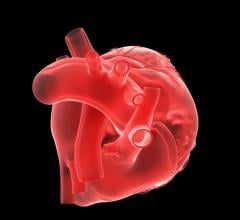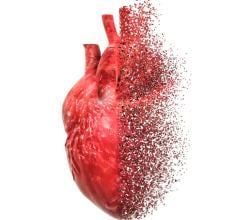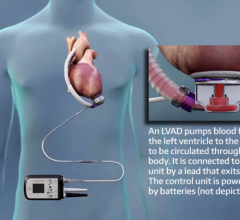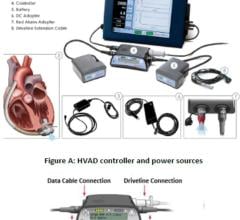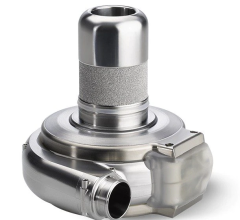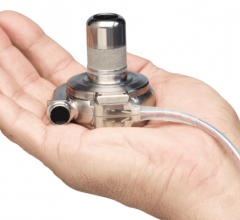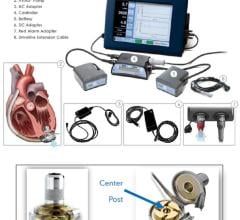March 29, 2007 — Results of the COURAGE trial, presented today at the American College of Cardiology Annual Scientific Session, are unlikely to alter the approach that interventional cardiologists take in treating most patients with chronic stable angina, say leaders from the Society for Cardiovascular Angiography and Interventions (SCAI), the leading professional society for interventional cardiologists in the United States.
Percutaneous coronary intervention (PCI) typically involves placement of a stent to relieve a blockage within a coronary artery and thus relieve the symptom of chest pain. Preliminary results of the Clinical Outcomes Utilizing Percutaneous Coronary Revascularization and Aggressive Guideline-Driven Drug Evaluation (COURAGE) trial, announced during a press conference yesterday, focused on the finding that, when added on top of an optimal drug program, PCI reduces neither mortality nor heart attack in patients with chronic stable angina.
Chronic stable angina is a condition that causes patients to experience symptoms such as chest pain and shortness of breath when engaging in various levels of activity. Data from the landmark Framingham Heart Study have shown that these patients have an average annual mortality of only 4 percent, making it difficult for any therapy to show a substantial improvement.
“Patients with chronic stable angina represent a minority of those treated by interventional cardiologists, perhaps up to 30 percent,” said SCAI President Gregory J. Dehmer, MD. “More frequently, patients treated by interventional cardiologists have heart attacks or another serious problem called unstable angina. The COURAGE study did not evaluate this type of patient; however, the study’s investigators acknowledged that PCI is the best therapy for patients suffering heart attack.”
It is important to put the results of the COURAGE study into the proper perspective, stressed Dr. Dehmer. “We are concerned that many seem to be interpreting this study as part of a huge battle among cardiologists that will shift therapy in a dramatic way, but I don’t really see it shaping up that way. Although PCI is life-saving in the setting of a heart attack, it has never been promoted in any of the national treatment guidelines as saving lives or preventing heart attacks in patients with chronic stable angina. Although it is tempting to pick apart the COURAGE trial for its flaws, and there are some, doing so would remove the focus from how the results can best be used to improve patient care,” said Dr. Dehmer.
SCAI leaders view the COURAGE study results as a contemporary update of how much the treatment of coronary artery disease has advanced, whether by use of medications, PCI, or both. While some patients with chronic stable angina can be managed safely with medications, such therapy may not be the best fit for every patient.
“The right therapy for an elderly patient with a limited lifestyle may not work for a younger, more active individual. It is always challenging to extrapolate trial results to the ‘real world,’ and real-world questions about individual patients’ ability to comply with aggressive drug therapies apply here,” said Dr. Dehmer. ”We agree that medical therapy has come a long way, but a simple question reveals the challenges that accompany relying too heavily on medications – The last time you got a prescription for a 14-day course of antibiotics, did you take every pill on schedule? Or did you stop when you started feeling better?”
Given the COURAGE findings, SCAI is reminding physicians to talk in detail with their patients and clearly explain therapeutic goals, whether the treatment is medical therapy or PCI. “I feel certain that most interventional cardiologists already do this, but it is worth repeating. Patients with chronic stable angina should understand the purpose of whatever treatment is being proposed and know that they do have options – both good options – for the treatment of their chronic stable angina,” said Dr. Dehmer.


 June 19, 2024
June 19, 2024 
